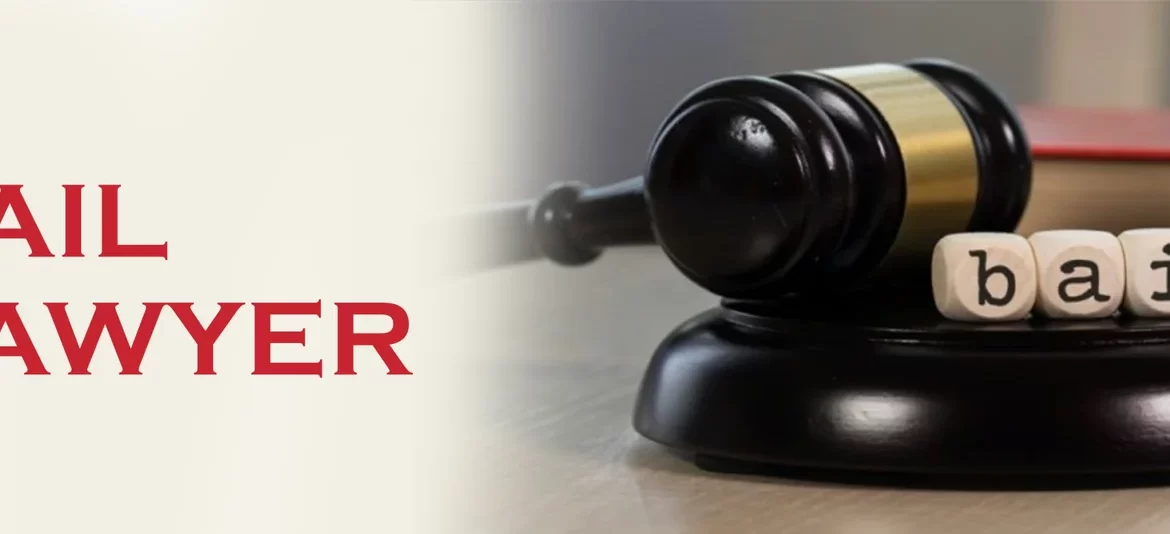
 22 September 2025
22 September 2025
Bail is one of the most crucial aspects of the criminal justice system. It acts as a bridge between the right to liberty and the interest of justice, ensuring that an accused person does not remain in custody unnecessarily while their trial is still pending.
What is Bail?
Bail is a legal process that allows an accused to be released from custody, with or without conditions, upon providing assurance to the court that they will appear for future proceedings. It is not an acquittal but a temporary release until the trial is concluded.
Rights Associated with Bail
Every individual has the fundamental right to seek bail, as personal liberty is protected under Article 21 of the Indian Constitution. Depending on the gravity of the offence, courts may grant:
-
Regular Bail – for those already under arrest.
-
Anticipatory Bail – to avoid arrest in anticipation of a case.
-
Interim Bail – temporary bail granted until a full hearing.
The Bail Process
-
Filing a bail application before the concerned court.
-
Court examines the nature of the offence, severity, and previous criminal record.
-
Consideration of factors such as risk of absconding, tampering with evidence, or influencing witnesses.
-
Bail granted with or without conditions, such as sureties or bonds.
Legal Insights
-
Bailable Offences: Accused has a right to bail.
-
Non-Bailable Offences: Court exercises discretion based on circumstances.
-
Judicial Discretion: The Supreme Court and High Courts emphasize that bail is the rule and jail is the exception.
Conclusion
Bail ensures a balance between individual freedom and societal interests. With the right legal guidance, navigating the bail process becomes smoother, safeguarding both justice and personal liberty.






